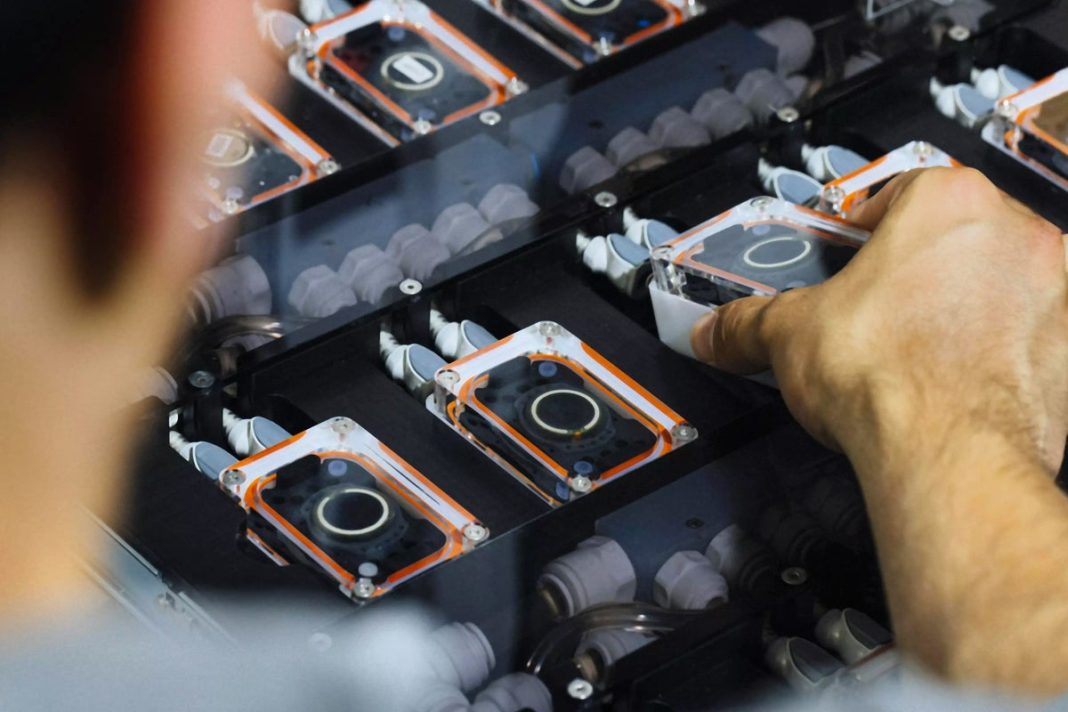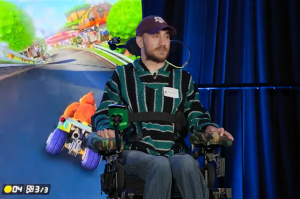Key Takeaways
- Neuralink has 10,000 patients registered for brain chip trials
- Current trials are limited to people with paralysis conditions
- 12 patients already have implants, with 13 more expected by year-end
- Future applications could include AI symbiosis and memory uploads
Elon Musk’s Neuralink has revealed a massive waiting list of 10,000 patients hoping to receive the company’s brain-computer interface implant. The disclosure came from Neuralink president DJ Seo in a Morgan Stanley research report this week.
The brain chip startup opened a Patient Registry earlier this year, allowing global sign-ups for clinical trials. So far, 12 patients have received the Neuralink device, which enables them to control computers with their thoughts. Another 13 implants are scheduled by the end of 2024.
Current Trial Eligibility and Future Vision
Currently, only individuals living with paralysis from conditions like motor neurone disease or spinal cord injuries qualify for the trials. However, Musk envisions much broader applications for future versions of the technology.
The tech billionaire claims future iterations could allow people without disabilities to “achieve a sort of symbiosis with artificial intelligence.” Potential capabilities include streaming music directly to the brain, restoring vision for blind people, and enabling telepathic communication.
“It could even get to the point where you can upload your memories and essentially have a saved version of yourself… then download that into a robot body or a clone version of your original self,” Mr Musk said during a live stream in July. “I’m really getting into sci fi here… but I do think stuff like that will be possible, which would give people a form of immortality.”
Ethical Considerations and Current Capabilities
The Morgan Stanley report highlighted significant ethical concerns surrounding brain-computer interface technology.
“While the topic of many sci-fi books and films, brain-computer interfaces are the new frontier for humanity and will entail a host of moral, ethical, and legal-regulatory considerations along the way,” the report stated.
The current N1 version of the Neuralink chip connects via Bluetooth and has enabled test patients to control robotic arms, browse the web, and play video games like Mario Kart directly with their thoughts.





